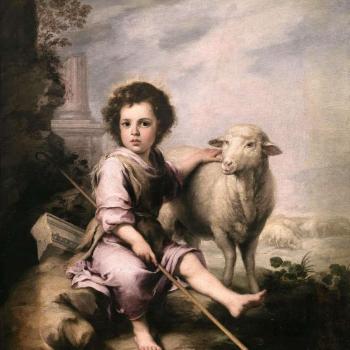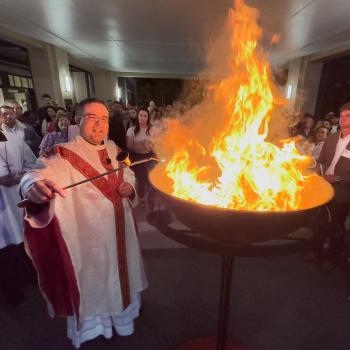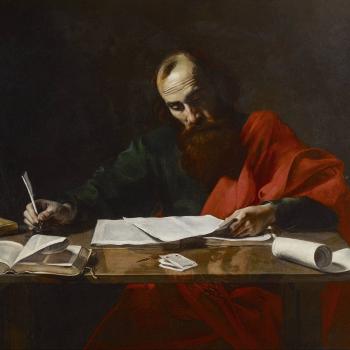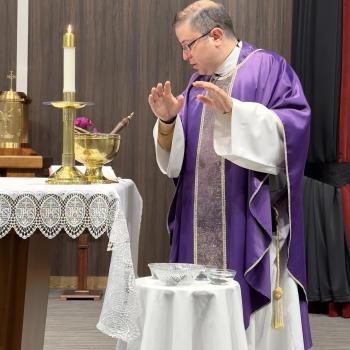Pope Francis has taken our country by storm. Everyone witnessed numberless expressions of love and affection towards the Holy Father during his visit to Washington, New York and Philadelphia last week. Evident from the carefully executed liturgies, the warm reception shown by political figures, and the countless hugs and kisses the Pope received, the United States has rejoiced in the presence of the successor of Saint Peter.
The Pope came as a shepherd whose primary task was to gather all sheep into the one flock of Jesus Christ. He came as a fellow pilgrim expressing the worries and anxieties of every human person, attentive to the signs of the times, while at the same time sharing the joy the Gospel of Jesus Christ gives. He came not only to speak to the learned, but most importantly, he came to spend time with the weak, the poor, and the vulnerable. Francis came to strengthen us in the faith we have received in faithful obedience to Jesus’ words to Saint Peter, “I have prayed that your own faith may not fail… you must strengthen your brothers.” He came to strengthen us through word and example, reminding us that we are members of the universal Church and part of the Body of Christ.
His phenomenal remarks at the Joint Session of Congress will certainly resound for weeks to come. His choice of four U.S. citizens who dared to dream provided him a structure to discuss contemporary issues in American society. Many have politicized the words of Pope Francis, failing to recognize that he does not come with a political agenda, but rather, with a proposed manner of life which is enlightened by the Gospel. The interpretation of his words through a political lens reminds me of words shared by Monsignor Urioste to a group of pilgrims in El Salvador two years ago. Monsignor Urioste, Vicar General to Blessed Oscar Romero, stated that Archbishop Romero’s preaching of the Gospel was viewed as political by those in power, therefore a political charge was brought against him and he was murdered. Monsignor Urioste then made a comparison with Jesus. Jesus did not have a political agenda, he preached the Gospel, but a political charge was brought against him and he was crucified as King of the Jews. It should not surprise us that the preaching of Pope Francis is interpreted as political and charges are brought against him by both liberals and conservatives. The Gospel is not an ideology nor does it have a political agenda, it transcends these, constantly calling us to conversion and to fidelity to Jesus Christ.
Pope Francis returns to Rome knowing how much we love him and wish him well. We join in Cardinal Dolan’s words to the Pope at the conclusion of Vespers at the magnificent Cathedral of Saint Patrick, “torna presto!”
Written for The Southern Cross
Pictures are mine, all rights reserved.
















